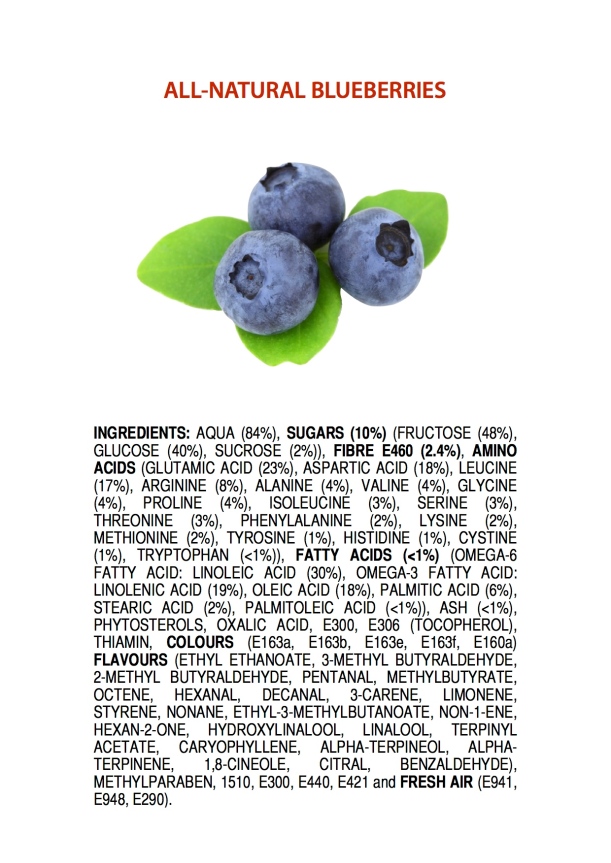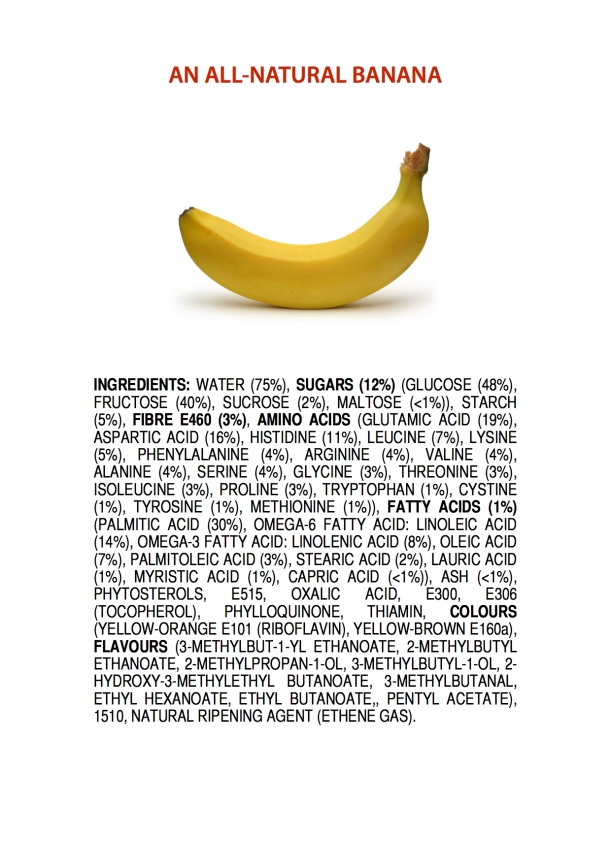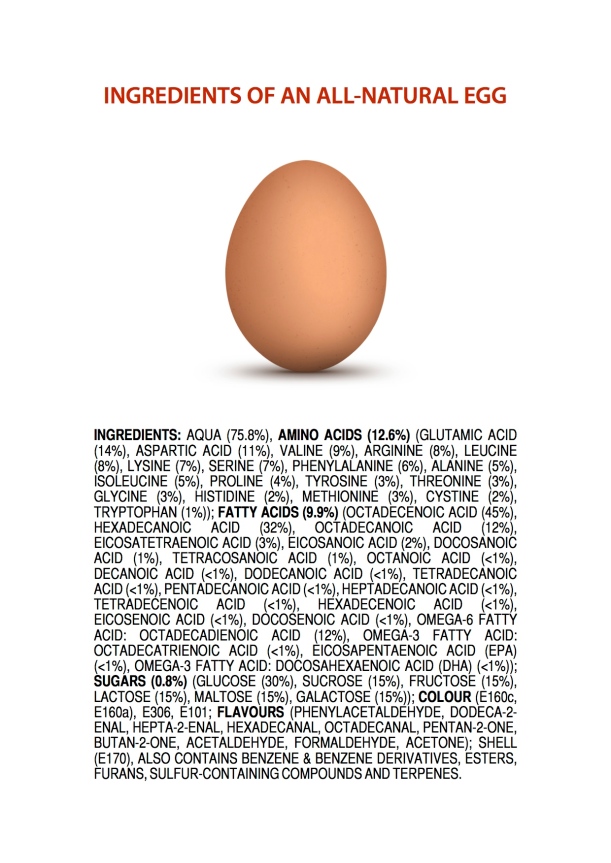One of my friends studying chemistry recently reposted 3 images that blogger James Kennedy Monash created to counter “chemophobia”, or the unreasonable fear of chemical compounds in our food sources. First I scoffed, but then I looked at it and it was definitely thought-provoking so… goal achieved? Let me show them to you:
These images challenge the dichotomy of “only eat food that your great-grandmother would have recognized”, and stay away from too many additives, doesn’t it? I don’t think the original post wanted to defy the notion that you should watch what you eat and avoid overly processed food; rather, he says that “as a Chemistry teacher, [he wants] to erode the fear that many people have of “chemicals”, and demonstrate that nature evolves compounds, mechanisms and structures far more complicated and unpredictable than anything we can produce in the lab.” Point well-taken! But then, how do we differentiate between ‘real’ and ‘non-real’ food? Is it inherently better if nature joined these compounds rather than a lab? Could you take the opposite viewpoint and say that we might be even better now at knowing what our body needs and joining it into a singular product, as the developers of Soylent would contend? Personally, I would still think that natural foods are better suited to our needs, especially since they haven’t been manipulated (as much) by corporations with special interests (though there are interesting arguments that plants develop specifically sweet fruit because they want to attract us and appeal to our sweet tooth so that we spread their seeds); but maybe there is too much of a fear going into the opposite direction as well? After all, the whole notion of “don’t buy food with more than x ingredients” becomes quite useless if you can technically disaggregate each ingredient into its chemical compounds as done above. Hmm… definitely food for thought 😉
What do you think? What is really ‘natural’?



Wow, this is really interesting! “Real” food still has actual chemicals in it, because that’s how nature works. The dichotomy between synthetic and “natural” is fascinating. But chemicals are chemicals, right? Would it make a difference to our bodies if we consumed fructose from a blueberry or fructose made in a lab if the compounds themselves were completely identical?
The effects would be identical. However, there’s probably a big placebo effect if people know that the fructose they’re eating was synthesised in a lab rather than in a blueberry.